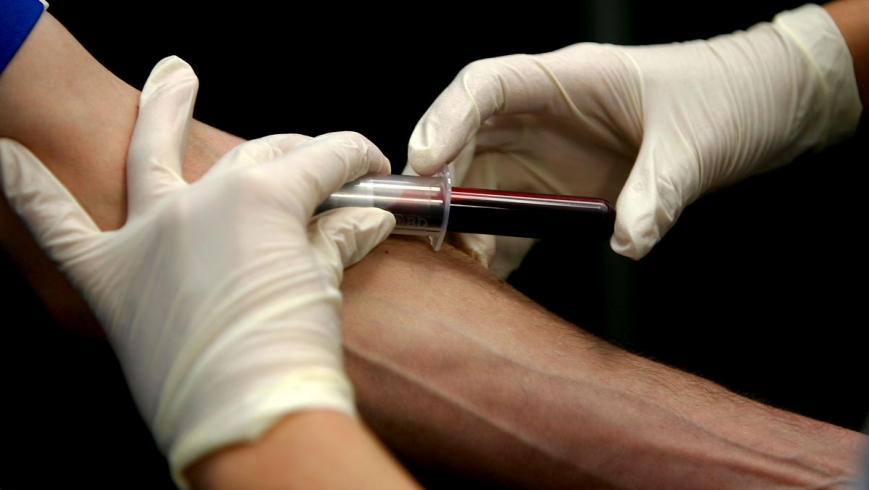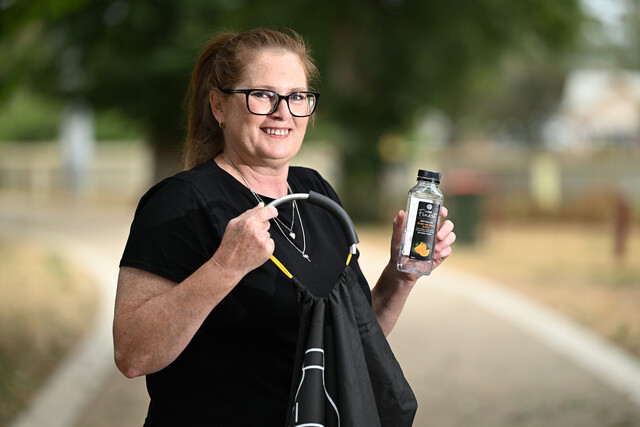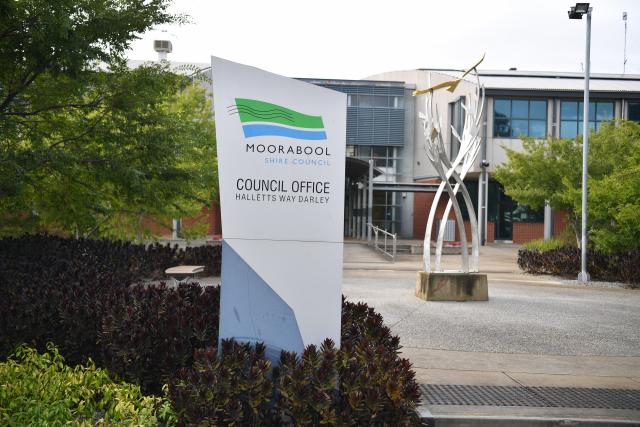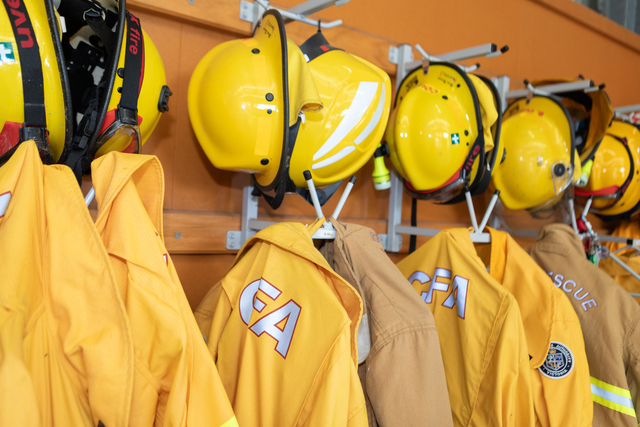The possibility of up to 500 scholarships being offered to nurses in regions such as Moorabool and Melton has been welcomed by leading health service executives, who say it will improve access to postgraduate education and ease workplace shortage concerns.
The proposed federal budget allows for an extra $13.4 million over three years for up to 500 rural nursing and allied health scholarships.
Djerriwarrh Health Services chief executive Bruce Marshall said rural nurses were faced with challenges accessing ongoing education and training, either due to distance or cost, and the funding would help lift that barrier.
“For example, a post-graduate midwifery course may cost up to $18,000 … or $6500 if they are able to get a HECS place … and take a minimum 18 months to complete full-time,” Mr Marshall said.
“Whilst completing courses, nurses often reduce the hours that they work, which affects them and their families financially. The current scholarships generally only cover between $1500 and $3000, and are limited in number.”
The Australian College of Nursing executive manager, Kathleen McLaughlin, said the scholarships would attract nurses to work in rural health services and support the professional development of nurses who are currently practising.
She said nurses in rural areas had extra rights to be able to administer and prescribe some medications so they could respond to an emergency.
“For nurses to do that, they need to stay on top of education about medication and prescriptions.”
Ms McLaughlin said rural health services often faced more difficulty recruiting nurses.
“Nationally, we have an ageing nurse workforce and it is recognised that we are facing a nationwide nurse shortage into the near future.
“It’s imperative that strategies are in place to ensure we have a rural nurse workforce with the range of skills and of the size to meet the health needs of rural populations.”
Ballan District Health and Care chief executive Wayne Weaire said the announcement was particularly relevant for rapidly growing towns like Ballan.
“We need the scholarships – we’re finding it’s rural people that want to go back and work in rural areas, but there’s huge financial restrictions,” he said. “They need to get the right training to come back.”
Mr Weaire said the next step would be funded graduate year positions for nurses. The Ballan hospital has two graduate nurses, but Mr Weaire said the service could easily take four if the positions were funded.
“We now need funded positions for nurses in their grad year so they can get qualified.”

















